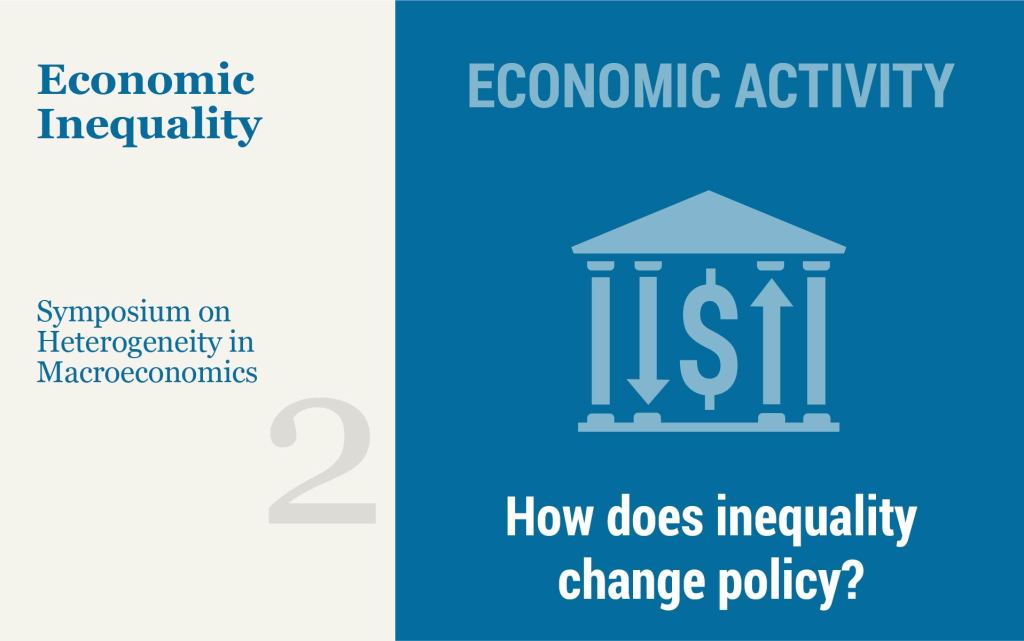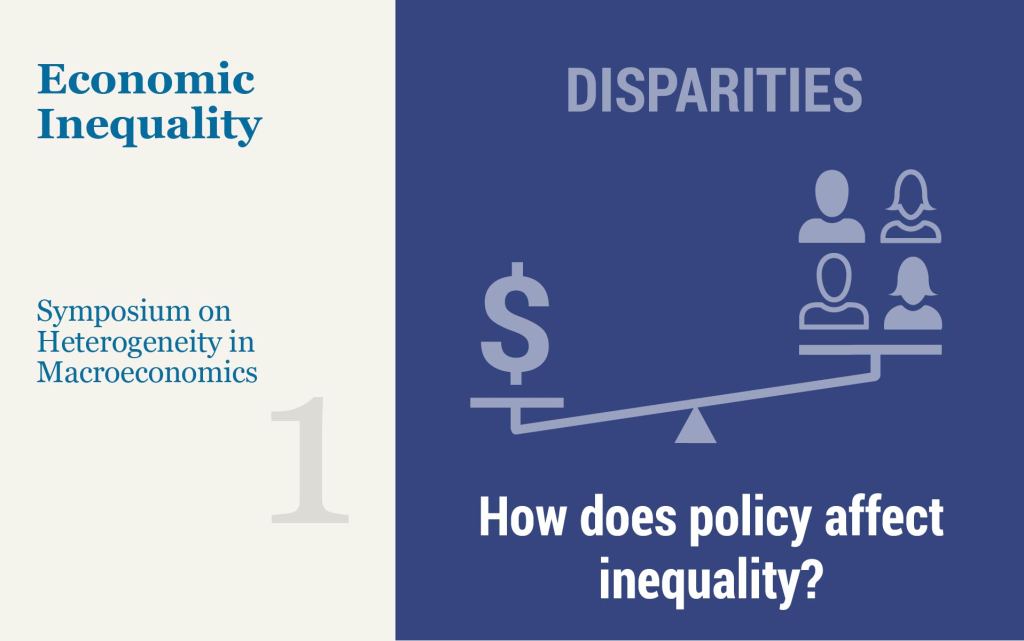On the Distributional Consequences of Responding Aggressively to Inflation

This post discusses the distributional consequences of an aggressive policy response to inflation using a Heterogeneous Agent New Keynesian (HANK) model. We find that, when facing demand shocks, stabilizing inflation and real activity go hand in hand, with very large benefits for households at the bottom of the wealth distribution. The converse is true however when facing supply shocks: stabilizing inflation makes real outcomes more volatile, especially for poorer households. We conclude that distributional considerations make it much more important for policy to take into account the tradeoffs between stabilizing inflation and economic activity. This is because the optimal policy response depends very strongly on whether these tradeoffs are present (that is, when the economy is facing supply shocks) or absent (when the economy is facing demand shocks).
The Effect of Inequality on the Transmission of Monetary and Fiscal Policy

Monetary policy can have a meaningful impact on inequality, as recent theoretical and empirical studies suggest. In light of this, how should policy be conducted? And how does inequality affect the transmission of monetary policy? These are the topics covered in the second part of the recent symposium on “Heterogeneity in Macroeconomics: Implications for Policy,” hosted by the new Applied Macroeconomics and Econometrics Center (AMEC) of the New York Fed on November 12.
The Effect of Monetary and Fiscal Policy on Inequality

How does accounting for households’ heterogeneity—and in particular inequality in income and wealth—change our approach to macroeconomics? What are the effects of monetary and fiscal policy on inequality, and what did we learn in this regard from the COVID-19 pandemic? What are the implications of inequality for the transmission of monetary policy, and its ability to stabilize the economy? These are some of the questions that were debated at a recent symposium on “Heterogeneity in Macroeconomics: Implications for Policy” organized by the new Applied Macroeconomics and Econometrics Center (AMEC) of the New York Fed on November 12.
Understanding Heterogeneous Agent New Keynesian Models: Insights from a PRANK

To shed light on the macroeconomic consequences of heterogeneity, Acharya and Dogra develop a stylized HANK model that contains key features present in more complicated HANK models.











 RSS Feed
RSS Feed Follow Liberty Street Economics
Follow Liberty Street Economics